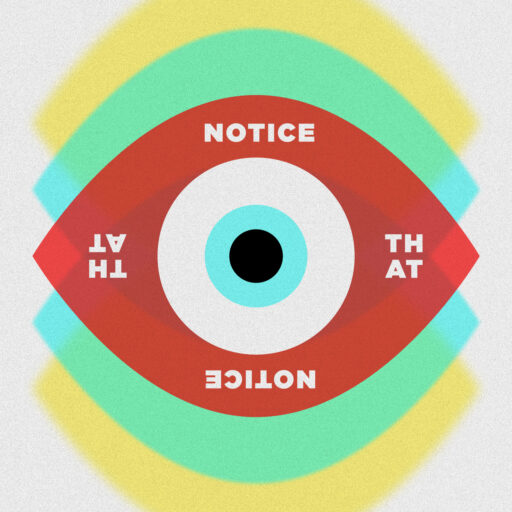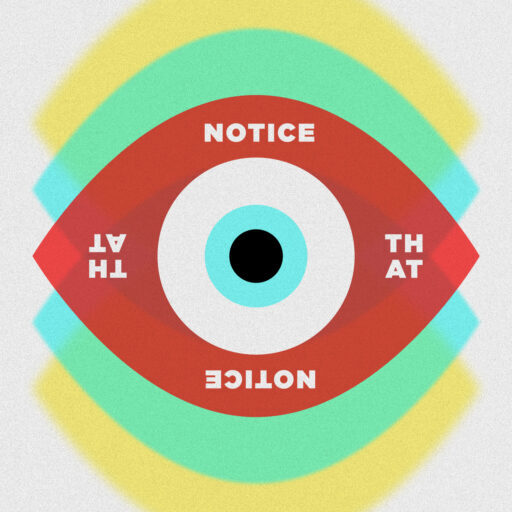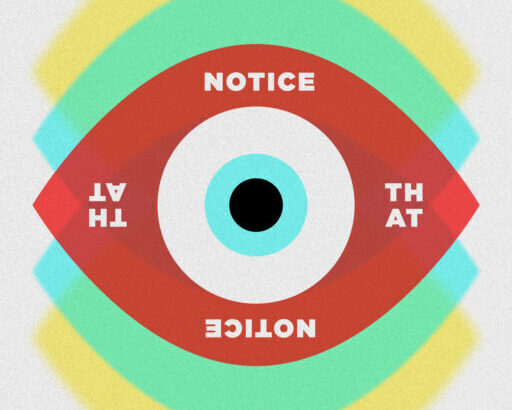Episode 56: EMDR as Somatic Therapy

Listen in to hear Jen and Melissa discuss how EMDR can be utilized as a somatic therapy.
EMDR training 9/16-9/20
Emdrtrainingcenter.com -St. Louis
Register by emailing us at: training@beyondhealingcenter.com
Terminology for the episode:
Somatic Psychology: the therapies that look specifically at integration of mind and body. Somatic therapies help bridge the gap between our cognitive/intellectual mind with our somatic sensory body-based experience as human beings.
- This helps create a better understanding of the body and the mind.
- In western culture, we have a difficult time separating our identity from our cognitive thoughts.
- Our cognitive self lies to us often because it doesn’t hold the whole truth of our human experience.
- Somatic psychology isn’t just focused on the body, but the integration of both the mind and body.
- We naturally disconnect from our body after traumatic events.
Embodiment: knowledge that has entered into our body and become wisdom.
- Knowledge is much more cognitive and wisdom is so much more deeper.
- A sense of knowing even when we cognitively don’t know why.
- Body-wisdom and instinct
Approach with the positive sensation first:
- Even approaching with the experience of a positive sensation can be very activating, especially if it hasn’t been felt in a long time.
- “It doesn’t feel safe to feel safe.”
- The sensations and feelings that were dissociated are most likely going to be extremely uncomfortable because they were dissociated for a reason.
It’s okay for a client to say “that’s enough for now”
- They may need to take care of kids after the session or go back to work.
- The process of building tolerance to their sensations while still needing to fall back on their strategies is completely okay.
- Make this need explicit because these strategies are there for a reason.
- “What did it mean to you last time you felt this sensation?”
Why does the body matter?
Body Scan
- What do you see in your head?
- Negative cognition/positive cognition
- Emotion
- Body
- Check out Beyond Trauma’s episode
What is below the right/left brain?
- Below our prefrontal cortex and mammalian brain, we have our brainstem.
- The brainstem holds the most basic affect of circuitry that all mammals possess.
- The body’s physical sensation is the language of the brainstem.
EMDR as somatic therapy:
- Release trauma from both the mind and body so that both can feel safe.
- EMDR as a somatic therapy focuses on the holistic release of trauma and integration.
- EMDR is oftentimes misinterpreted and used as a cognitive therapy.
- “What thoughts are coming up for the client?”
- “How can I get the client to change their cognition?”
- Creating shifts from a cognitive place first rather than the body.
- EMDR as a somatic therapy focuses more on how we can have that release in the body and process the stored material through the body to allow a change in cognition.
Working towards not leaving a 1:
- Preparation and resourcing- How to get clients to connect to their body during this phase.
- Check out our episode over resourcing here!
- Looking for how a client is showing up in their own relationship with their body.
- Some presentations are more difficult than others. Preparation is to help wake up sensation in their body.
- Instigate moments in therapy that will elicit a response. (ex: squeezing hand)
- Activating state-dependent memory
- Type of interweaves used- Be very intentional and specific with which interweaves to use.
- Start with the positive and have the groundwork laid before targeting any trauma.
- The Body Talk interweave- invite their body to give that physical sensation a microphone and allow it to share whatever it wants to share.
- Allow them to wait patiently and it’s okay to sit in silence. Oftentimes it’s another physical sensation, emotion, thought or memory that will come up.
- Offering compassion at the lack of shift will often cause a shift.
- A Shift of Focus- noticing what sensations are present in their body
- Body Scan- bring it in as an interweave if needed.
- Somatic movement in processing
- Utilized in all phases- “action-taking”
- Massage therapy- helps clients get used to feeling sensations in their body
- Self-defense class
- Produces the activation in the body that’s needed for reprocessing.
- Partner this in EMDR through bilateral stimulation.
- Powerstancing- Professional Confidence
- Work within ourselves
- What’s happening in your body while listening to this episode? Noticing what’s coming up for you helps you understand what work you potentially need to do for yourself.
- Embodying this in the therapy room and connecting with our body helps our clients feel safe to connect as well.





